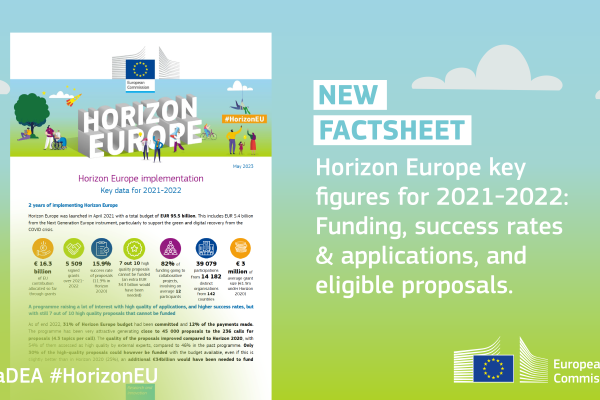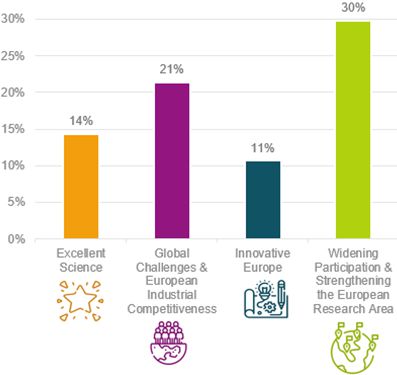The DG for Research and Innovation of the European Commission has published the Horizon Europe Implementation Key data for 2021 – 2022 document.

In a significant development for the European scientific and research community, the European Commission has published a report detailing the key data and outcomes of the Horizon Europe Implementation for the years 2021-2022. The Horizon Europe program, launched in 2021, represents the European Union’s ambitious initiative to promote research, innovation, and scientific excellence. This report offers a comprehensive overview of the program’s achievements, funding allocations, and impact across various sectors.
Successful and high-quality proposals
Starting from a general overview on the total budget allocated, the number of proposals submitted and the success rate of proposals, the report compares the data and the achievements of Horizon 2020 and the first two years of Horizon Europe. The document observes a general improvement of the quality of the proposals compared to Horizon 2020, with 54% of them assessed as high quality, compared to 46% in the past programme. Nevertheless, still, 7 projects out of 10 could not be funded due to the total budget available; in fact, it is highlighted how an additional € 34 billion would have been needed.
With an average success rate of proposals at 15,9%, an interesting graphic displays the success rate across pillars, from the highest recorded in the part “Widening participation and strengthening the European Research Area” (30%) to the 11% of the Innovative Europe pillar.

Pillar 2 – a significant contribution to climate and digital priorities
Pillar 2 “Global Challenges and European Industrial Competitiveness”, which includes the 6 Clusters and the Non-nuclear direct actions of the Joint Research Centre, has received the largest share of funding with an impressive 66% of the total budget allocation. Taking a closer look to the primary objectives and challenges addressed, Cluster 4 – Digital, Industry and Space, and Cluster 5 – Climate, Energy and Mobility, receive the highest level of funding. These clusters account for 33% and 30%, of the € 10,770 million spent in the first two years of the HE implementation. When considering all the various components of the program and across pillars, 34.1% of the funding has been directed toward projects focused on mitigating climate change, 2% more than in the previous funding scheme. Moreover, 34% of Horizon Europe’s investments will foster digital transformation. These statistics and figures mirror the main priorities and challenges we face and the trends in the innovative transformation we are going through as a society.

The involvement of widening countries
Within the Member States actively participating in the Horizon Europe program, a distinct category includes 15 States classified as “widening countries” as they are the least performing in terms of R&I compared to the EU27 average. Despite these countries representing 26% of the EU’s population of scientists and engineers, entities situated in these regions have submitted significantly fewer applications, accounting for just 19% of the total. However, some remarkable success stories have emerged, exemplified by countries like Slovenia and Slovakia. These nations have achieved impressive results, with 23% of their applications receiving approval, compared to the overall average success rate of 15.9%. Nonetheless, it is important to acknowledge that the majority of Horizon Europe funding continues to be concentrated within a select group of high-performing R&I countries, which also happen to possess the largest populations of scientists and engineers. Notably, countries such as Spain, Italy, Germany, and France remain at the forefront in terms of both R&I performance and funding allocation within the program.
These are some of the key points highlighted in the report, to read the full document click here!
All data and information in this article were soured from the European Commission, Directorate-General for Research and Innovation, Horizon Europe implementation – Key data for 2021-2022, Publications Office of the European Union, 2023, https://data.europa.eu/doi/10.2777/81203
